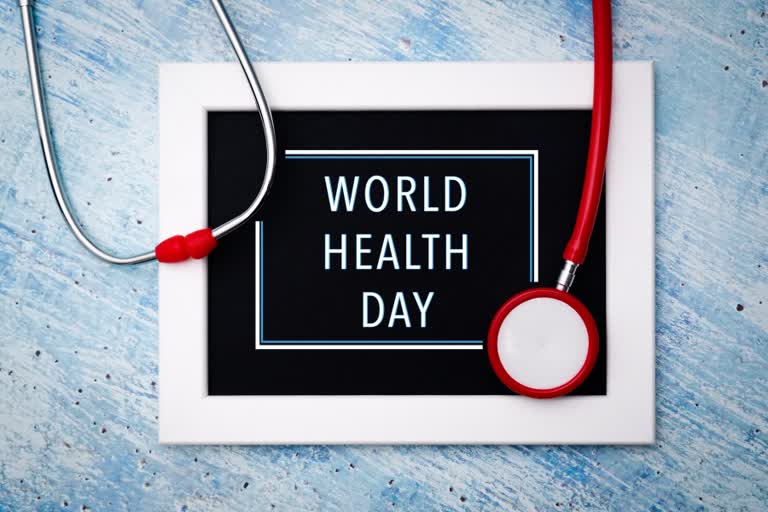Asserting that nearly 13 million lives are lost every year due to avoidable environmental causes, Dr Poonam Khetrapal Singh, the Regional Director of WHO South-East Asia Region, said climate change is putting health, well-being, and sustainable development of billions of people at risk. "It imperils decades of progress in reducing disease-related morbidity and mortality. We must act now to keep humans and our planet healthy," she said.
According to a WHO statement, climate change is expected to cause an additional 2,50,000 deaths annually between 2030 and 2050. The world health body urged governments and people to take measures to protect 'Our planet, our health,' the theme of World Health Day 2022. The WHO South-East Asia Region, home to over two billion people, is highly vulnerable to climate change and has the highest estimated number of deaths due to it, the statement noted.
Intense rainfall, frequent floods, forest fires and droughts triggered by climate change are already impacting health and livelihood and causing huge sufferings, mental health issues, deaths and displacement, globally and in the region, it noted. Rising temperatures are also leading to the outbreak of infectious disease, heat strokes, trauma and even death from extreme heat. Crop failure linked to climate change is driving malnutrition and undernutrition.
The same pollutants poisoning the air are also impacting health. Over 90 per cent of people globally breathe polluted air resulting in 7 million deaths every year, including 2.4 million deaths in the Southeast Asia Region, the WHO statement said. The COVID-19 pandemic has further exposed the inequitable and unsustainable nature of existing political, social, and commercial decisions, it mentioned.
"We have a once-in-a-century opportunity to drive transformative, lasting change. The COVID-19 pandemic has shown us that if decision-making is transparent, evidence-based, and inclusive, people will support bold and far-reaching policies that protect their health, families and livelihoods," said Poonam Khetrapal Singh.
WHO is calling on countries to prioritize equitable health now and for future generations, including long-term investments, well-being budgets, social protection, and legal and fiscal strategies to allow for societies to flourish and fulfill everyone's right to health and development while protecting our planet, the statement said. "The decisions and actions we take now can either escalate damage to the ecological systems that sustain human health and livelihoods, or they can promote a healthier, fairer, and greener world," Singh added.
(PTI)
Also Read: Tips to stay healthy this summer



